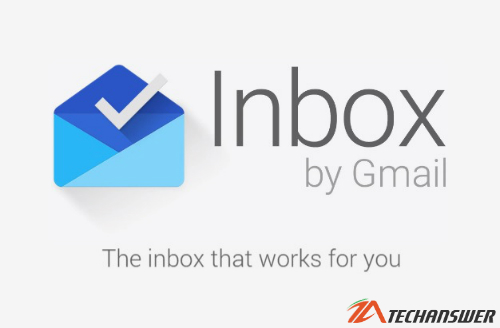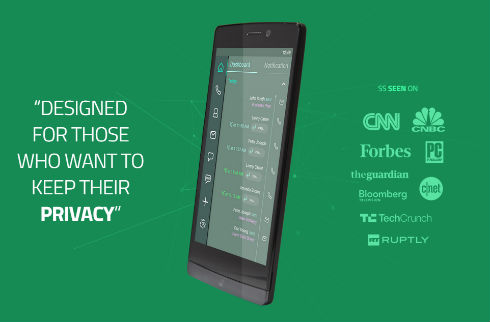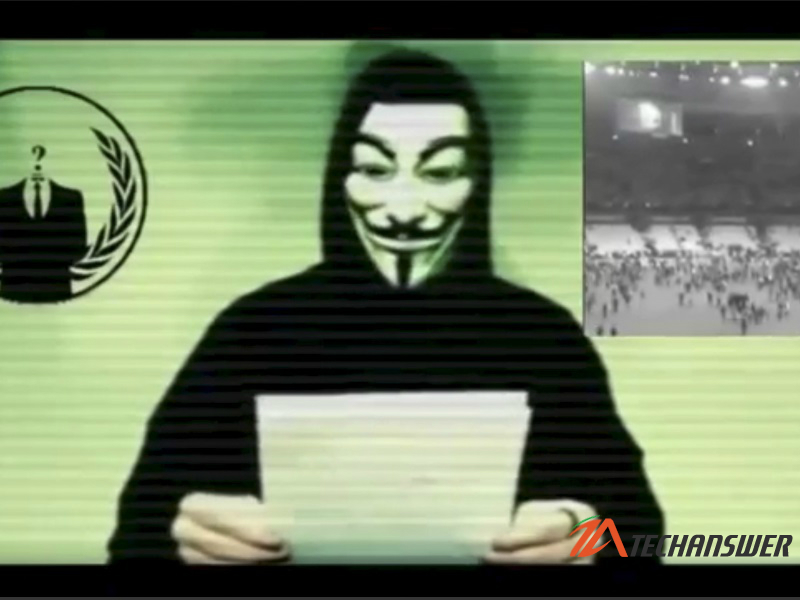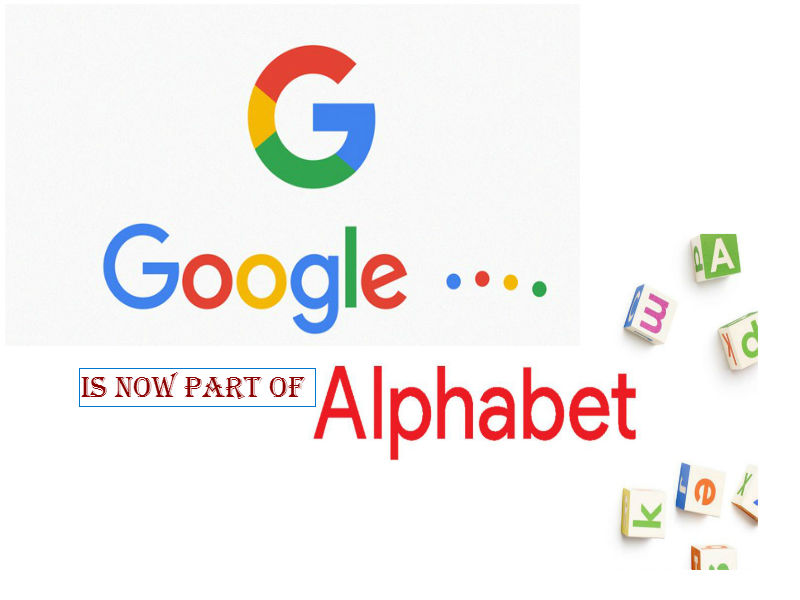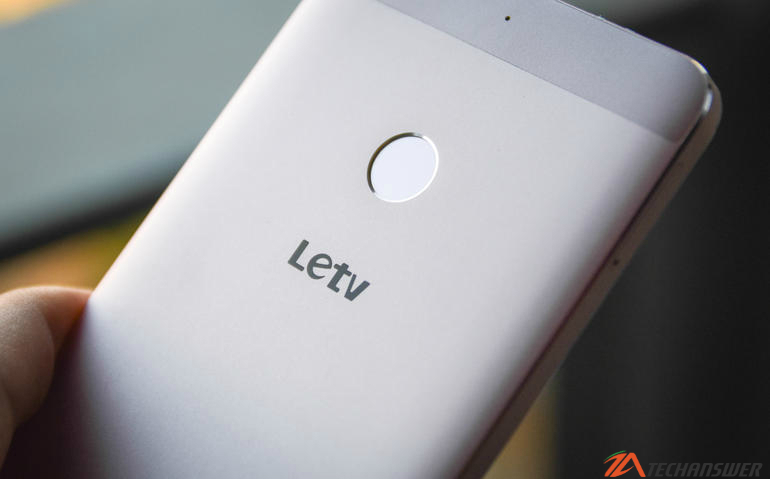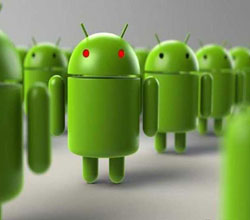Popular and widely used multimedia messaging service WhatsApp is now free. The Facebook-owned company has decided to stop charging people 99 cents annually to use the service. Up until now, WhatsApp has been free for the first year, with the annual fee added for subsequent years of use.
WhatsApp founder Jan Koum made the announcement at the DLD conference in Munich and admitted, “It really doesn’t work that well.” Does this mean we will now see innumerable third-party ads? Apparently not. But, the company will instead try to monetize communication in different ways.
WhatsApp said in blogpost, “Starting this year, we will test tools that allow you to use WhatsApp to communicate with businesses and organisations that you want to hear from.” The company explains that this could either mean communicating with a bank about whether a recent transaction was fraudulent, or with an airline about a delayed flight. Mostly, these kind messages (SMS) are passed on using a simple SMS. WhatsApp aims to offer tools in which, conversations can be carried out between businesses and organisations with the common man via its service, sans spam and advertisements.
Communicate with businesses and organisations. This sounds a bit similar to BlackBerry Channels or Line Messenger wherein users could head to a channel of interest and discuss about certain topics or even, contact them. As of now, the company’s approach remains unclear.
Today, WhatsApp is an integral part of our lives for communication. We depend on the service to talk to various service platforms for work. It could either be a grocery store or even an e-commerce store. If given the option, it would be far more convenient to order a smartphone via WhatsApp rather than going through the trouble of ordering it online. This process would be the simplest, instead of the other two – order online or via retail.
But then again, the only question which arises is security. If the service wishes to offer a platform where companies and consumers can make transactions, it needs to tighten up its security. It is a known fact that even the Pentagon trusts BlackBerry for their internal communication, but not WhatsApp. So would businesses blindly trust the service for intense transactions?
On the contrary, it can. WhatsApp’s parent company is Facebook; one of the biggest and strongest platforms today has the man power and technical expertise to take it forward. Even revolutionise the entire structure as we know it. A report by Wired points out the deal with Facebook allowed WhatsApp to concentrate on growth without worrying too much about revenue.
Koum points out, WhatsApp has a greater global reach than nearly any other app. This gives Koum and company additional leverage. “A lot of companies are global,” he says, such as airlines and banks and car rental outfits. And these companies may be willing to embrace this kind of messaging because WhatsApp gives them more efficient access to more people than any other medium.
If this plan goes forward, there wouldn’t be much difference between WhatsApp and Facebook Messenger, a platform which also allows users to communicate with companies. For example, Facebook has struck a deal with Uber, to allow users to hail a taxi directly from the app. However, Facebook made a good decision by not meddling into WhatsApp and making various changes and added a line of new features. Though, the company kept improving Messenger and today, it can be touted as a rich-in-media app. Another good decision is not combining them into a single app. Keeping two separate messaging apps makes a lot more sense as Messenger is popular in the US, but WhatsApp has a stronger hold in countries such as India, Brazil, Africa and others.
In conversation with Re/Code, Koum has stated that businesses are already finding ways to use WhatsApp to reach customers. The new plan could make the flow of communication a lot easier. He said that the company wants to experiment with different approaches but added, “We haven’t written a single line of code yet.”
Possibly, WhatsApp could also look at a business-to-consumer (B2C) integration. This leaves WhatsApp as a product, and not a service. It isn’t necessary that a business perspective put in to place for WhatsApp could be a welcome change. Even without having ads, companies could send various messages, in the form of advertisements, which might irk the 900 million users and counting, it has today. That’s a huge number!
The main essence of the $19 billion acquisition in 2014 for Facebook has remained untouched, up until now. Here’s hoping that Facebook can in fact, monetise the service, at the business’ expense and not the user!
Hope it was helpful to you. Do send us your comment and you can follow us on Twitter, add us to your circle on Google+ , on LinkedIn or like our Facebook page to keep yourself updated on all the latest from, Technology world.









